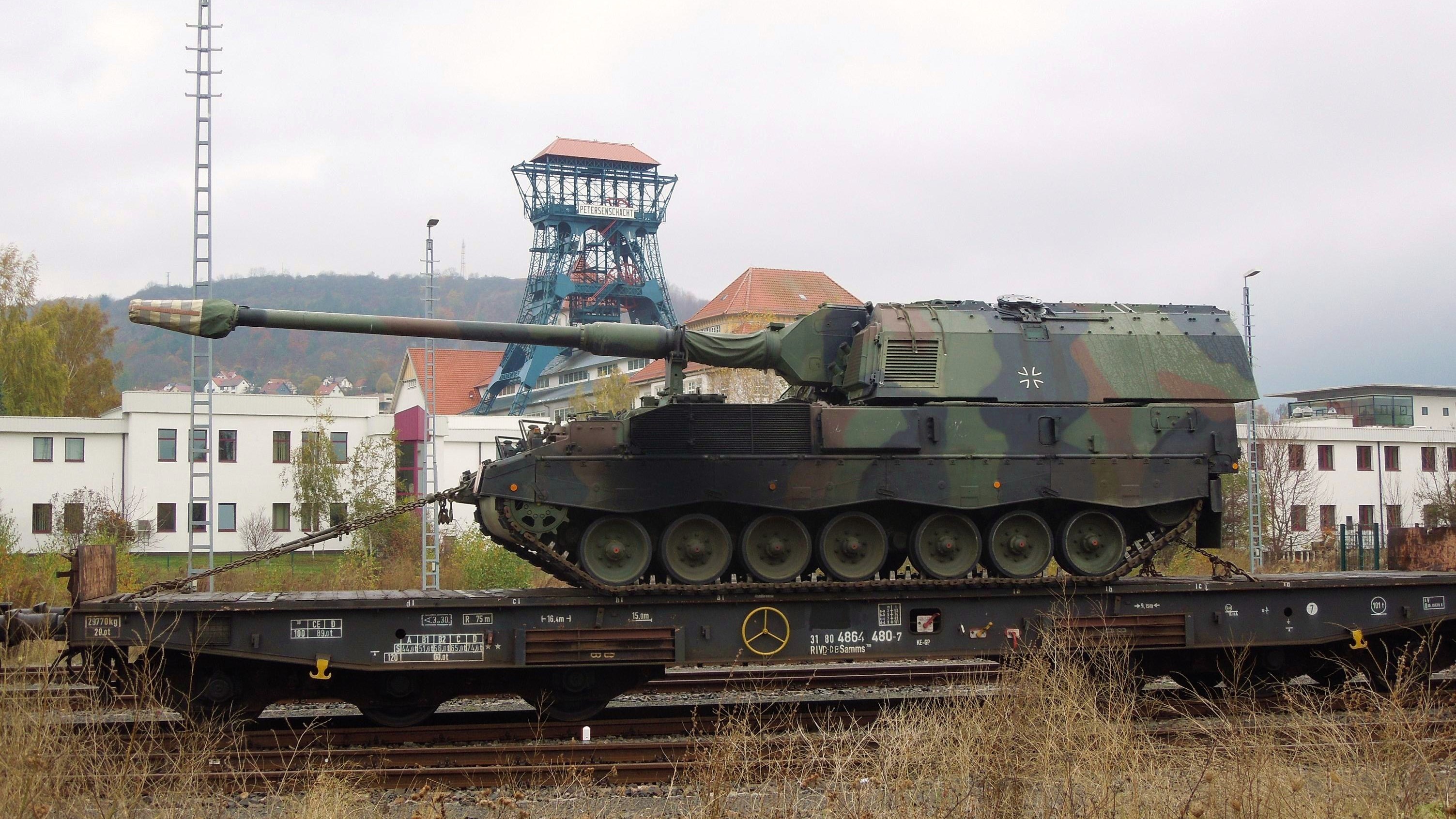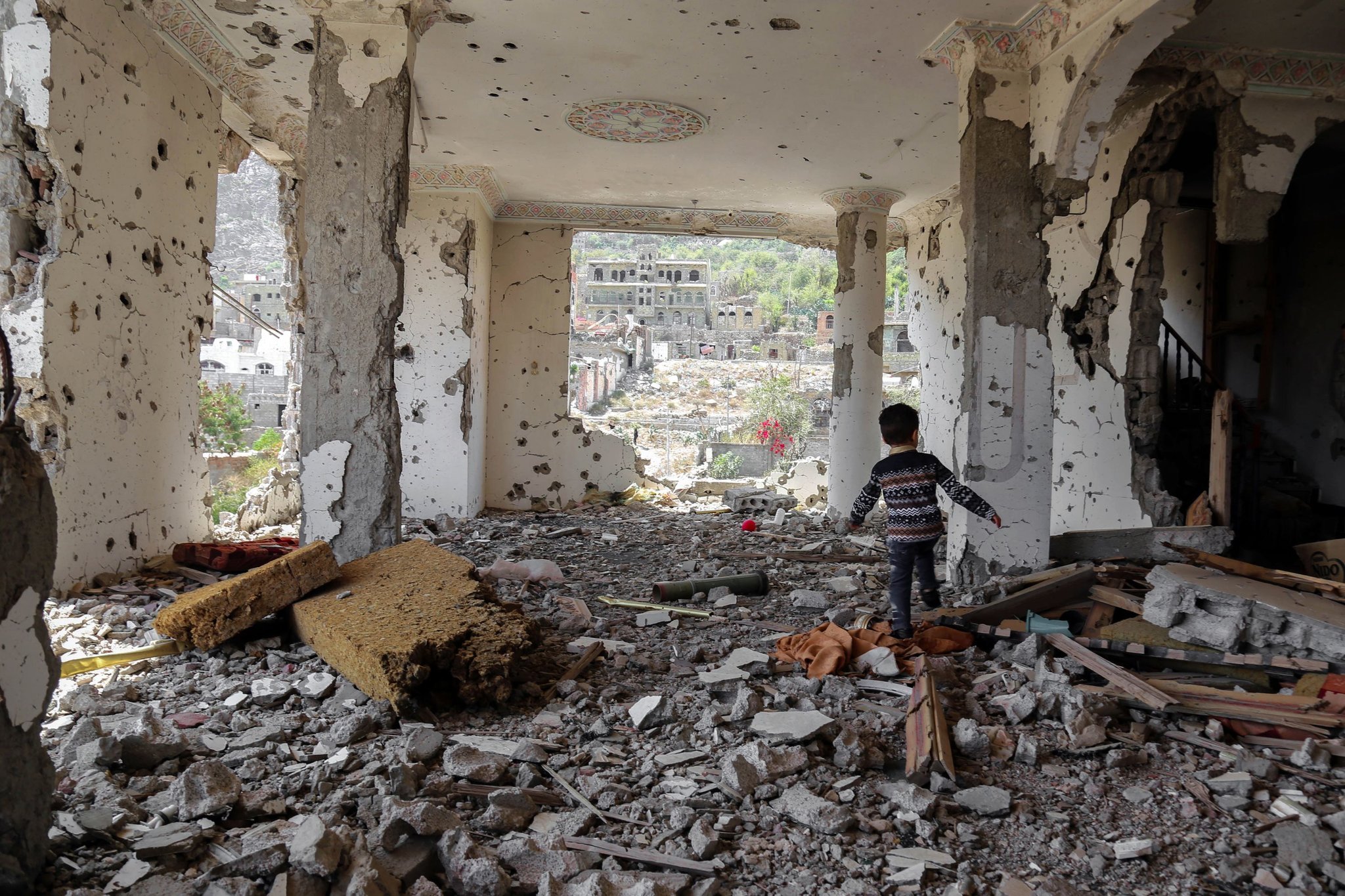Rheinmetall—a German arms producer, bound by regulations of the German state and international agreements. In theory, arms deals and moral values are balanced out. Yet, the devil is in the details.

Built to Destroy
Let us leave aside the question if military production and arms deals can ever be morally right. Let us assume that a balance between humanitarian values and arms deals can be achieved through (inter)national regulations, and that that is as good as it gets. Now, let us take a look at Rheinmetall and how these regulations are supposed to work.
Rheinmetall is a German, internationally active company which, aside from car parts, produces military equipment. In Germany, arms exports need to be permitted by the Federal Office of Economics and Export Control (BAFA), and in special political cases even by the Federal Security Council, which limits Rheinmetall’s export options. Usually, weapon exports to countries that are involved in conflict, or that are likely to be involved in a conflict soon, will not be approved. Through these regulations exports, especially to countries in the Middle East, are supposed to be limited if not prevented entirely. But how come bombs produced by Rheinmetall are used in Yemen’s civil war? How come the UN had to stop a Rheinmetall export to Iran?
Running Gun Blues
What would a regulation be without any loopholes to bypass that very regulation? In the case of Rheinmetall, the loophole takes on the form of production abroad. Having production locations in, for example, Italy (RWM Italia) and South Africa (Rheinmetall Denel Munition), allows Rheinmetall to sell military equipment to countries that the German government does not permit exports to.
In regions with high unemployment rates, such as Domusnovas on Sardinia, Rheinmetall’s subsidiary company RWM Italia is a welcomed source of employment irrespective of possible moral considerations. In October 2016, organisations, such as Human Rights Watch, reported that Saudi Arabia had used MK 83 bombs in Yemen. These bombs had been produced in Italy by RWM Italia. Even though it is questionable whether the export of bombs to Saudi Arabia is reconcilable with Italian law, RWM Italia was able to go through with the deal due to an unclear allocation of responsibility. While Germany sees the responsibility for export controls on Italy as it is the country of production, the Italians argue that RWM Italia is Germany’s responsibility since it is part of Rheinmetall, a German company.
In South Africa, the situation is a similar one. Since 2008, Rheinmetall has a joint venture (RDM) with Denel, a South African aerospace and defence technology company. Rheinmetall profits from South Africa’s less strict export regulations and can thus bypass German export controls. In 2017, Denel planned to sell surface-to-air missiles to Iran that supports the opposition fighting Yemen’s government which is supported by Saudi Arabia. The propelling charges for these missiles are produced by RDM. Had the UN Security Council not stopped the export, Rheinmetall would have been part of arms deals with two opposing parties in the civil war in Yemen.
Through subsidiary companies and joint ventures abroad, Rheinmetall is able to bypass German regulations on arms exports. This way, military equipment produced in, for instance, Italy or South Africa reappears in countries such as Saudi Arabia which is involved in the civil war in Yemen. It is thus not merely national restrictions that are bypassed, but regulations that have a specific, and very important, purpose: the prevention of weapons being delivered to conflict zones and to governments with a disregard for human rights. All legal considerations aside, this is a matter which is highly morally questionable.

A Matter of Habit
Arms production and the following arms deals always drag along moral questions. They are a balancing act on a thin rope between humanitarian values and profit, and not only profit of the weapons producer but in form of increasing employment through arms companies. Countries such as Germany try not to fall off this metaphorical rope by placing restrictions on military exports—even though some decisions regarding arms deals remain controversial. And yet, companies such as Rheinmetall are able to bypass these regulations—to bypass morality, one might say—by moving production locations abroad where there are less restrictions or where responsibilities are not clearly defined. Thereby, they turn the moral balancing act into a one-legged spectacle that, while being profitable, is hardly going to de-escalate conflicts.
By Merle Emrich
Photo Credit:
Panzerhaubitze 2000, Tobias Nordhausen CC BY 2.0
Child in Ruins, Felton Davis CC BY 2.0










